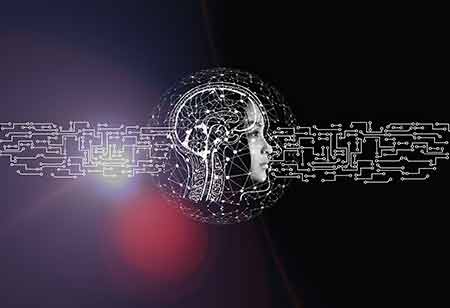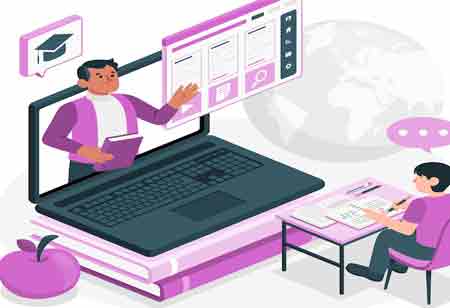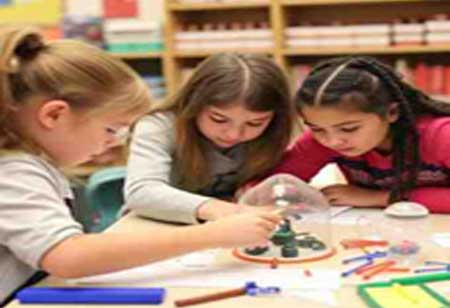THANK YOU FOR SUBSCRIBING
Be first to read the latest tech news, Industry Leader's Insights, and CIO interviews of medium and large enterprises exclusively from Education Technology Insights
Top Education Technology Trends Impacting Learning in 2022
Education technology (edtech) is simply the use of technology in a learning environment, whether software or hardware.

By
Education Technology Insights | Wednesday, June 08, 2022
Stay ahead of the industry with exclusive feature stories on the top companies, expert insights and the latest news delivered straight to your inbox. Subscribe today.
Fremont, CA: Education technology (edtech) is simply the use of technology in a learning environment, whether software or hardware. The key edtech trends poised to have the greatest impact in terms of adoption and benefit in this exciting new era, focus on greater context and personalization for both learners and teachers. With that in mind, let's look at some of the most important trends.
Advanced Learning
Adaptive learning technologies adjust the pacing and content of material delivery based on student performance to ensure students learn in the best style and pace. As a result, adaptive learning will benefit struggling students and students at the top of their class who are prone to becoming bored and losing interest.
Consider lessons and homework tailored to the specific needs of individual students. Previously, such a level of personalization would have required teachers to work around the clock. Still, advances in machine learning, analytics, and natural language processing will do much of the heavy lifting, assisting in the growth of adaptive learning apps.
Formative Assessment
Formative assessment is simply educators assessing student performance frequently and early. This benefits students, but teachers can use the generated data to adjust their lesson plans on the fly when combined with data analytics.
Big data, analytics, always-connected mobile devices, learning apps that allow teachers to customize the content, and question placement will all help to increase the prevalence and utility of formative assessment.
Learning Based on Projects
Project-based learning (PBL) focuses on completing a meaningful project over a long period rather than learning isolated learning outcomes and skills that lack context.
This approach aims to better correlate with real-life work and problem-solving situations. It assists students in practicing and learning skills such as self-management, multitasking, and revising, among others.
AR/VR stands for Augmented Reality/Virtual Reality.
Virtual reality provides a virtual world where users can immerse themselves by wearing goggles that obscure their view of the real world. On the other hand, augmented reality combines our reality with overlaid interactive elements.
Check Out This : Contract Manufacturing Organizations







